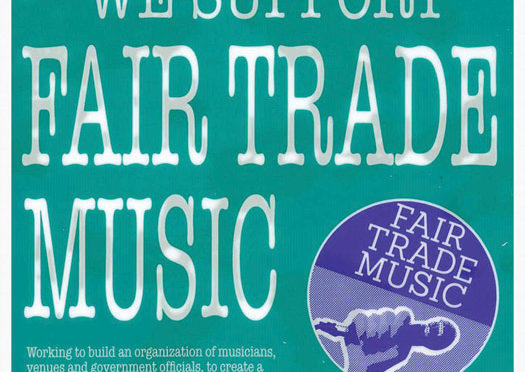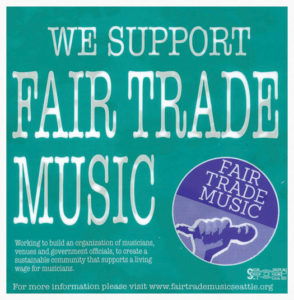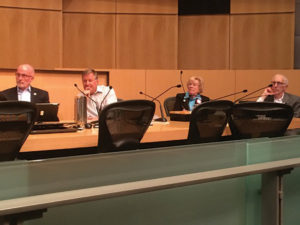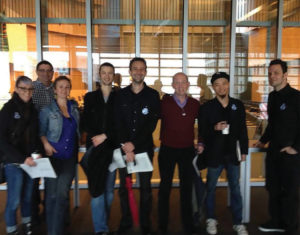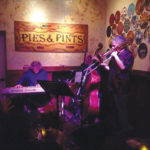During Labor Day, the Fight for $15 movement organized protests in 300 cities across the US. In Chicago, hundreds of fast food workers, hospital employees, and airport workers advocated for higher wages and better benefits through a series of walkouts and marches. Members of the Service Employees International Union (SEIU) demonstrated with supporters of the national Fight for $15 movement. Illinois Republican Governor Bruce Rauner recently vetoed a bill that would have raised the minimum wage to $15 an hour by 2022, arguing that it would negatively affect businesses and reduce jobs.
Fast food workers in Boston went on strike Labor Day to highlight their demand for a $15 minimum wage. In Massachusetts, the $15 minimum applies to home care workers and select companies that have chosen to offer it. A planned November 2018 ballot proposal would incrementally raise the minimum from $11 to $15 by 2022.
The $15 minimum wage has been implemented in New York City, California, Seattle, Washington, D.C., and Minneapolis.


